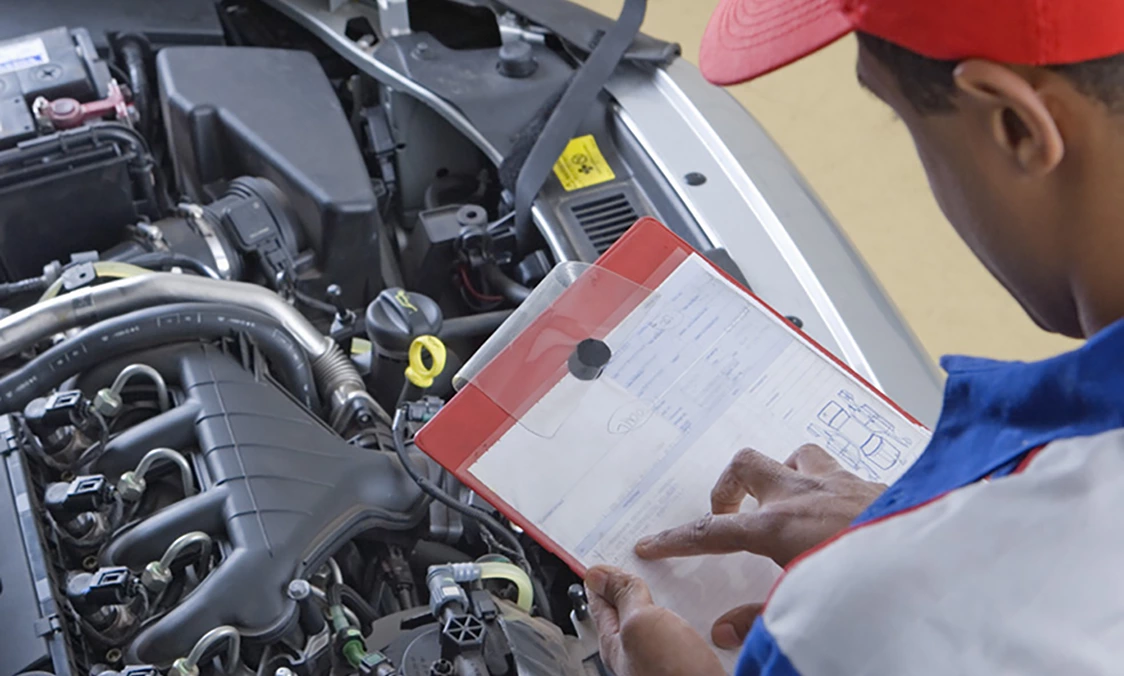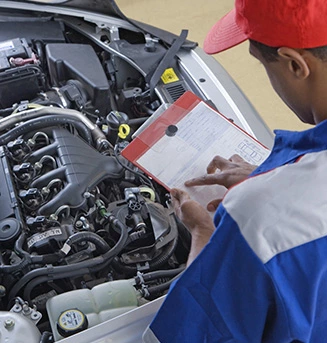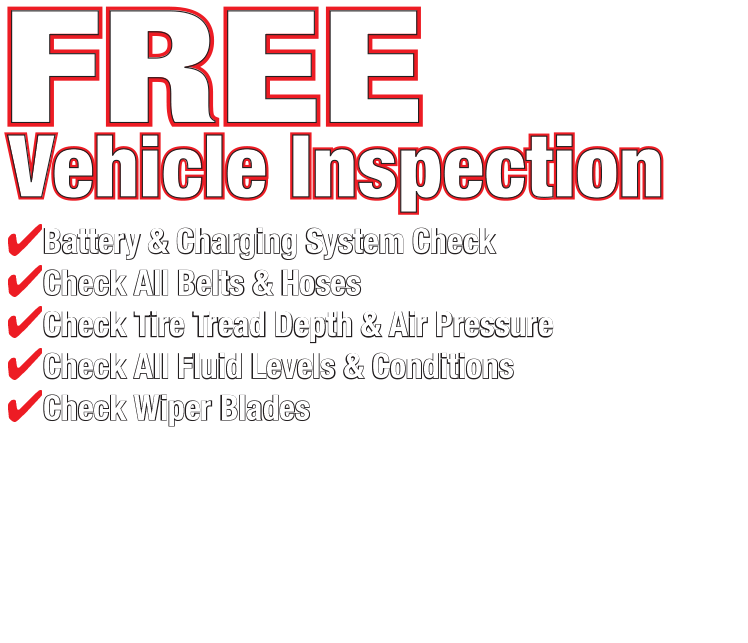How to Prevent Vehicle Damage from Cold Weather
April 25, 2017
Cold temperatures cause the fluids in your vehicle to thicken, which reduces their ability to lubricate. If you've ever seen that Thanksgiving gravy turn into "glop" when you put it the refrigerator, then you get the basic idea. When it's warm, gravy flows; when it's cold... no go!
1. Drive slowly for the first few minutes, so your vehicle has a chance to reach normal operating temps and fluids start flowing & lubricating as they should.
2. We know what you're thinking, but NO! DO NOT let your car idle for long periods of time. We like a toasty passenger compartment, too, but idling runs your engine rich which could damage your catalytic converter (a potentially expensive repair in its own right). It also wastes expensive fuel & gets you nowhere.
3. But even more - Idling can also damage the internal components of your engine. Some transmissions won't circulate the Automatic Transmission Fluid until you place the shifter into "Drive." That means the internal transmission components are spinning & spinning without any lubrication! Not good. Not. Good. {Really not good, got it? NO IDLING!}
Genesis Lee Myles Transmissions & Auto Care
Need Service?
More articles from Elite Tire & Auto Care

Timing is Everything (Timing Belt)
March 9, 2025
Talk about exquisite choreography; it happens under the hood of your vehicle every time you take a drive. Your engines many complex parts must work exactly together. One key is a part called a timing belt, which enables the synchronizing of two of your engines components, the camshaft, and the ... More

Braking Good (Brake Drum Replacement)
March 2, 2025
Maybe your vehicle feels like Breaking Bad. In other words, when you brake, things are bad. You may find it takes you a longer distance to stop, you feel a vibration, or its pulsating when you depress the brake pedal, or perhaps your vehicle pulls to one side. Those can be symptoms of failing b... More

When it Comes to Air Filters, Change is Good (Clogged Air Filter)
February 23, 2025
Engine air filters may not seem like a big deal, but when theyre clogged up with dirt, dust, and insects, your engine could wind up choking for air and not delivering you the power and performance it was designed to give. There are actually a couple of air filters in your vehicle. One filters th... More











